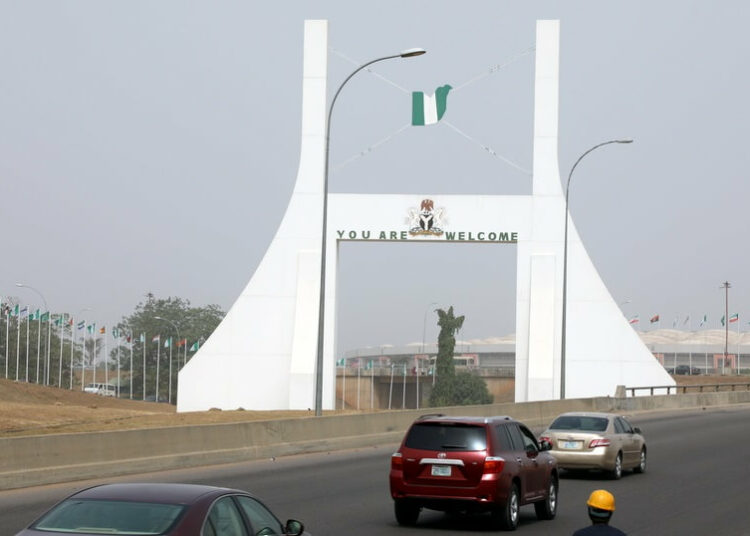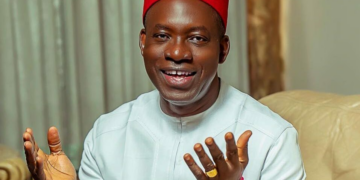The need to have a museum in Abuja, the Federal Capital Territory of Nigeria cannot be overemphasized. First and foremost, museum is an institution dedicated to preserving and interpreting the cultural and natural heritage of humanity. Museums have been founded for variety of purposes; to serve as recreation facilities, scholarly avenues and educational resources; to contribute to the quality of life of the areas where they are situated, to attract tourism to a particular region, to promote civic pride or nationalistic endeavor or even to transmit overtly theological concept. they house things created by nature and by man and in our modern society, they also house the cultural soul of the nation. Museums are repositories of the past, showcased to the present and preserved for the future. Therefore, it is safe to say that no country of the world can have a meaningful development if it does not refer to its museum.
Reasons for a Museum in Abuja.
There are countless of justifiable reasons for the establishment of a national museum in Abuja. Broadly, they can be categorized into political, educational, social and cultural factors. Some of these factors are discussed below:
To promote Peace among the various ethnic groups in Nigeria: Abuja as the federal capital territory assembles people from every part of the geopolitical zones, some of who know little or nothing about the various cultural groups in Nigeria. Museums reveal remarkable diversity in form, content and even function, yet, are able to provide elements that foster peaceful co-existence and cross-cultural connections that go beyond the diversity of the people. For example, the museum contributed greatly to bringing about peace among the diverse ethnic groups in the country, especially after the civil war. Museum collections have continued to shape the perception, attitude, behaviour and relationship of people positively. Since Abuja is like a convergence of different ethnic groups in Nigeria, the use of Museum as an instrument of national unity cannot be discountenanced, hence, the need for its establishment in this centralized region.
To boost Nigeria’s economy: the need to diversify Nigeria’s economy away from the over reliance on oil is long overdue. Establishing national museum in Abuja will encourage indigenous technology, art and crafts, which are the bedrock for modern inventions. Through the skill acquisition programmes of the Education Department of Museum, indigent members of the public such as widows, housewives, young school leavers and unemployed graduates are economically empowered to be self-reliant and creators of jobs. Skills like beading, tie and dye, art and craft are taught in the museum by highly-trained officers.
To promote Nigerian Culture and Heritage: Museum is a great way to teach Nigerians to appreciate the diversity of our human world. It will teach and encourage students that culture and tradition usually come from family backgrounds. Museum in the Federal Capital will promote Nigerian rich culture and create a cultural exchange between tourists and local citizens. Exhibitions will attract foreigners.
Museum is very educative and entertaining. The Objects, monuments and sites are the perfect way to teach students and generations to come about different cultures in Nigerian. It also serves as a way of bringing family together and encourages good home training, respect and discipline.
To open Nigeria up as a tourist destination: The strategic location of Abuja makes it one of the first point of call to all visitors in Nigeria. Interestingly, it also has an international airport which makes it easy and convenient for people to fly directly from all parts of the world. To this extent, it will be marketable to have an outstanding museum in Abuja in order to make Nigeria a major tourist destination of the world. The secured nature of Abuja in terms of security, presence of choice hotels, parks and other strategic locations which could complement the museum when foreigners arrive indeed makes Abuja the best location for a functional museum in Nigeria.
Two types of people often visit museums in search of information on other cultures, people with that heritage, and people interested in learning about that heritage who come from a different background. Students who also know little or nothing about their cultural heritage can easily be taken to the museum for excursion. The inflows of citizens and foreigners alike to the museum will provide huge alternative income to the federal government. In the same vein, it will open a doorway for closer cooperation with world powers with particular reference to political, economic and cultural ties.
To provide easy education on Nigeria’s cultural heritage:Museums house the cultural soul of a nation. They play a crucial role in preserving local culture. With careful documentation and artifact preservation, a culture can be recorded and remembered regardless of its future. The various collections have continued to shape the perception, attitude, behaviour and relationship of people positively.
To this end, a museum in Abuja will provide a primary source of data for students and researchers for a better understanding of Nigeria’s culture and heritage. Museums have the power to create unity, promote peace, educate and entertain.
Thirty years after the federal capital moved from Lagos to Abuja, the desire to have a glorifying museum in the new Capital City that will place it in tandem with other capital cities of the world is yet to be realized. Interestingly, Lagos, the former capital city has a befitting museum but Abuja which replaced it about thirty years ago has none.
This piece has been able to itemize the need for a functional museum in Abuja for it to fully realize its potential as a modern, planned capital city. The earlier this is realized, the better for all and sundry. All hands must therefore be on deck that this noble ideal is realized within the soonest possible of time.
–Areh writes from Abuja





